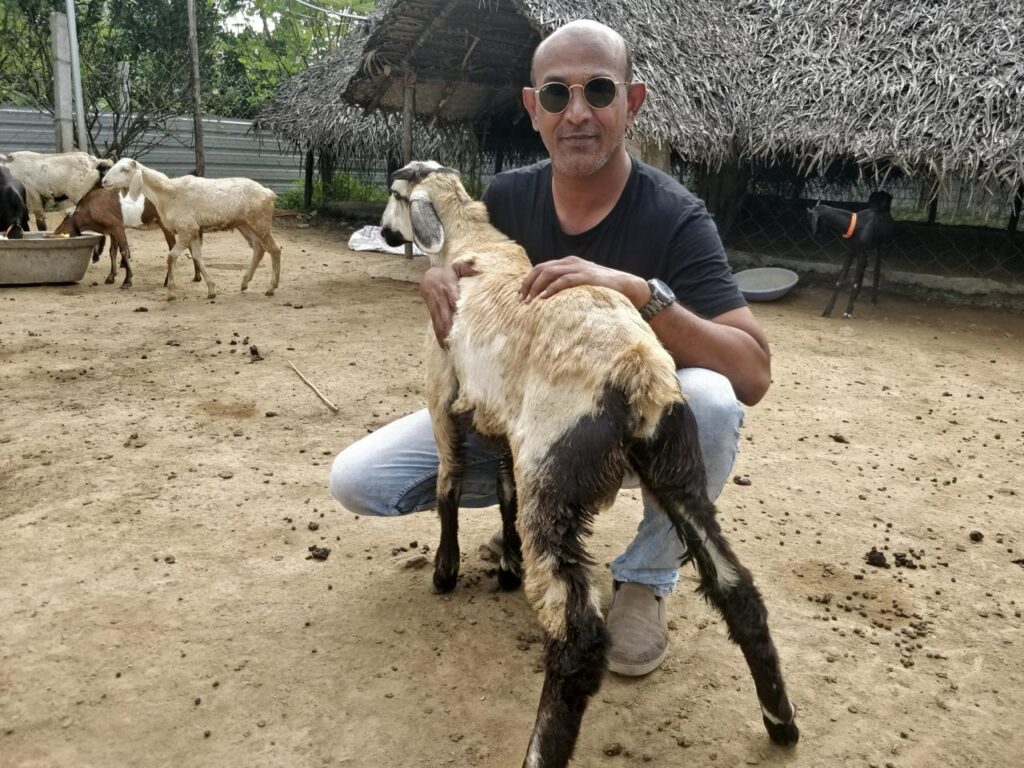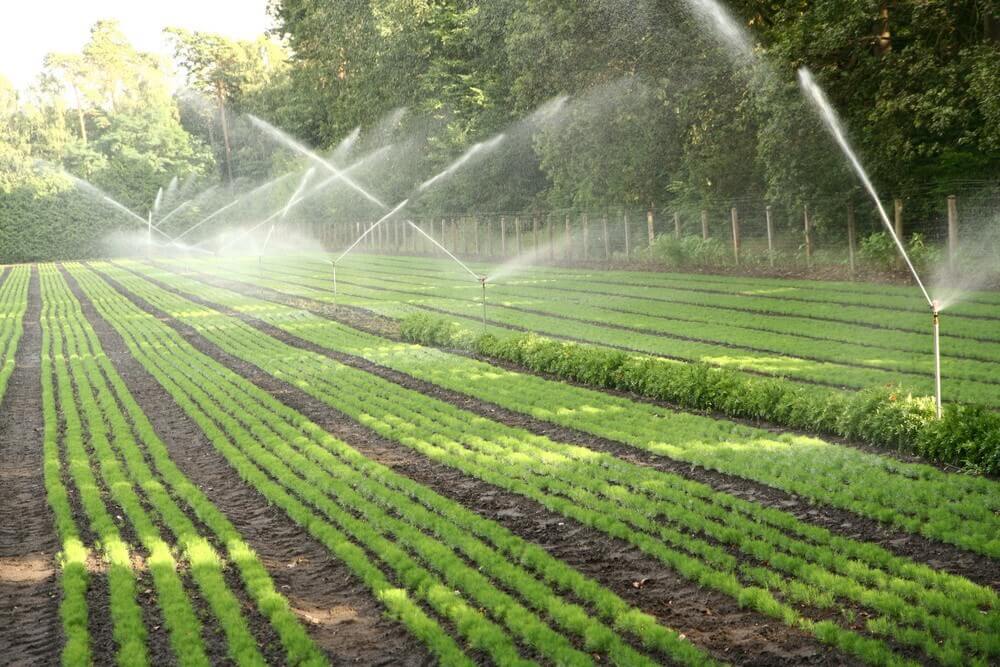Of late, concerns like climate change, environmental degradation, lifestyle-related ailments, etc., have made the words organic food, natural farming, integrated farming, zero-budget farming, etc., quite fashionable. Many people who weren’t associated with agriculture or farming earlier are interested in getting into natural farming and are keen to acquaint themselves with the basic principles of organic agriculture before they wade into farming as either a secondary occupation or for recreation purposes.
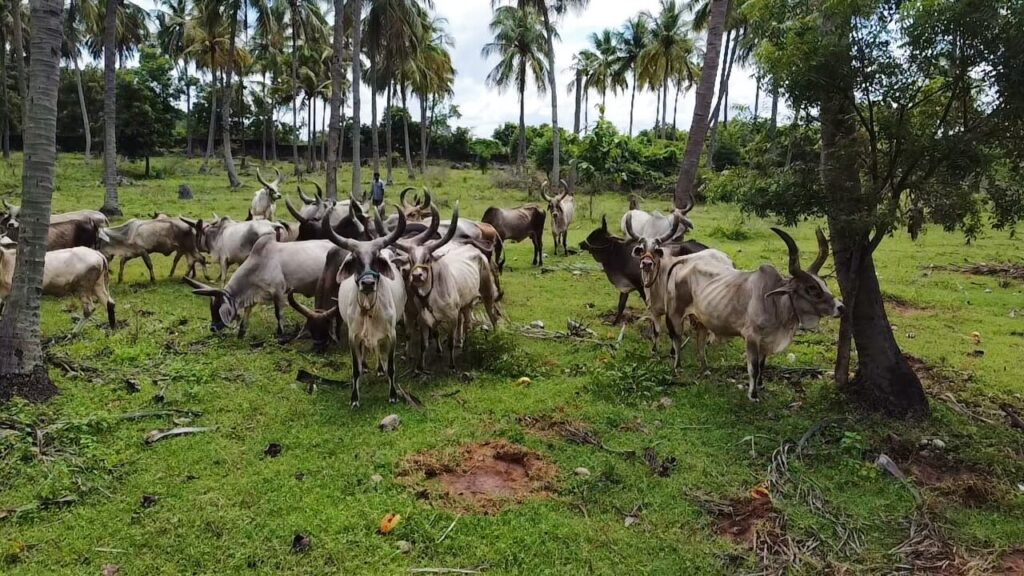
An Integrated farm is where different components of natural food production are available right on the farm itself. Agriculture, horticulture, livestock, poultry, fisheries, bees, etc. will coexist, supplement and complement one another with an inevitable interdependence to survive, grow and flourish. The design of an integrated farm should be such that the waste generated by one component of a farm will become the input for another component on the same farm. This considerably brings down the input costs of farming.
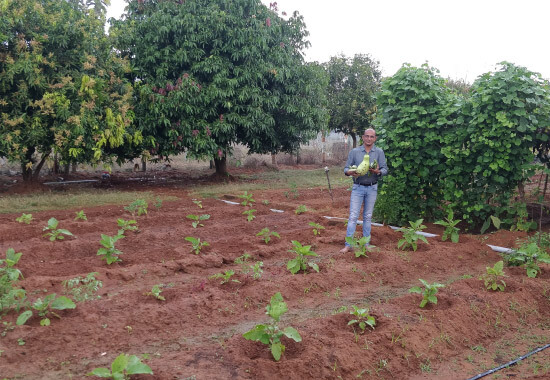
There are three virtues that one has to strictly abide by to successfully carry out natural farming and organic food production.
- Be patient,
- Have reasonable expectations, and
- Kill your ego
Be patient: You may be in a hurry, but nature never is. A traditional variety paddy crop may need 180 days to reach the harvesting stage from the time it was sown. To try and reduce the duration of the crop lifecycle from 180 to 120 days will involve intensive cultivation methods, which go against natural processes. Similarly, from the time it is hatched, a chick will take about 8 months to reach a weight of 1 Kg through free grazing. Intensive chemical-based processed feed is needed to make a chick attain a weight of 1 Kg in 45 days which is what most broiler chicken farmers do. If you want to succeed in organic farming, learn to be patient by taking comfort from the adage, ‘All good things come to those who wait.’
Have reasonable expectations:
More information can he seen here…. https://youtu.be/TqhncQ1RrZs
Organic food through integrated farming
Our Farmhouse Projects
Farmhouse close to Chennai
Paalaar Valley is a serene and visually stunning farmhouse project located just a 45-minute driving distance away from Chennai. The 35-acre gated community is surrounded by hillocks on three sides, creating a breathtaking and awe-inspiring backdrop for a farmhouse. This natural setting not only adds to the beauty but also ensures privacy and seclusion for its occupants.
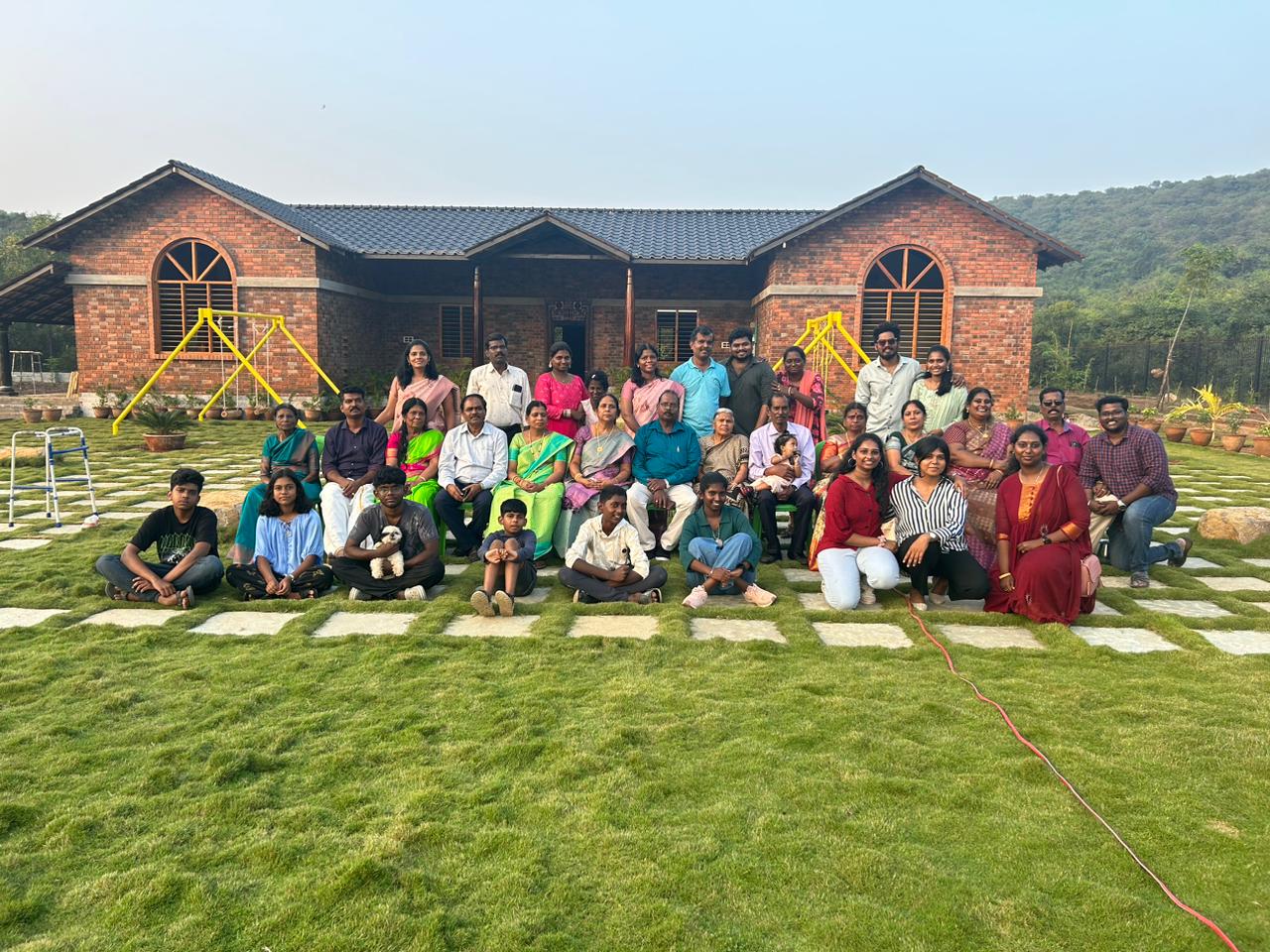
Farmhouse off ECR
Paalaar Sangamam – a site for your dream farmhouse near the breathtaking East Coast Road. Located in the town jurisdiction of Cheyyur off ECR, Paalaar Sangamam is just 2 kilometers away from the main market and bus terminus, has an excellent sandy loamy soil and a good water table.

Farmhouse plot for Rs 60/- per SFT.
Ammu Farms is a perfect location for individuals interested in setting up various types of farms, such as dairy farms, goat farms, poultry farms, or integrated farms, as commercial enterprises. Additionally, it may also appeal to those who desire to own or develop a large farmhouse on a large plot.
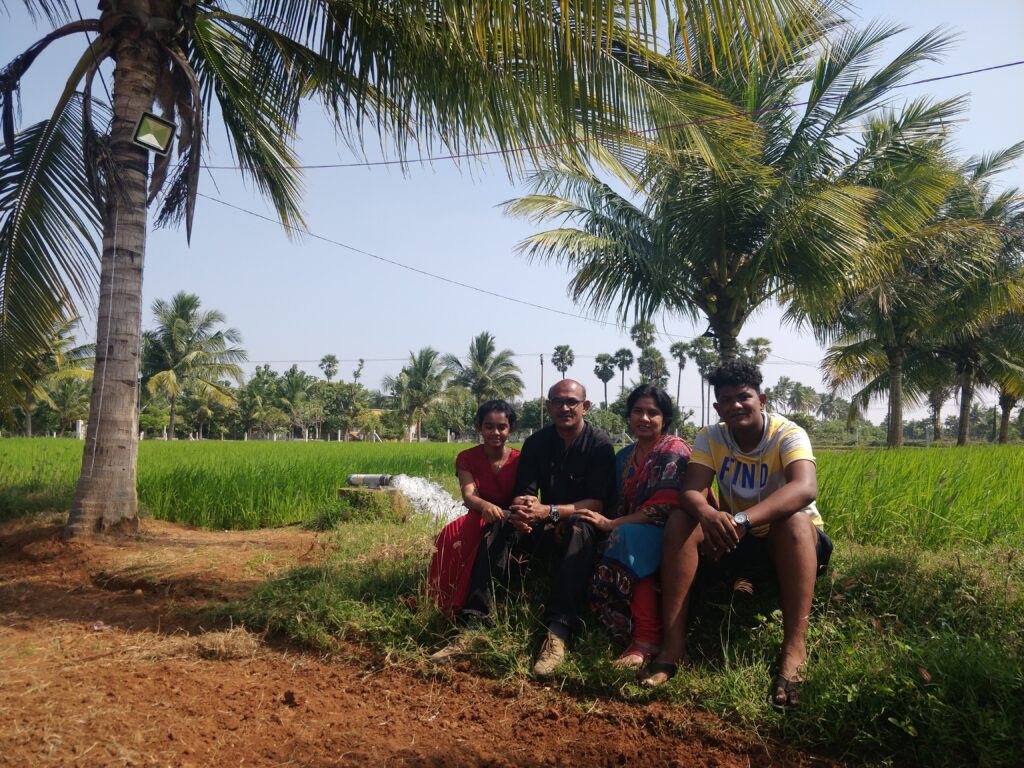
Farmhouse near Chengalpattu
Paalaar Greens Phase 2 is located diagonally opposite Chengalpattu and 13 Kms from Mahindra World City. Being located in the vicinity of Paalaar river, the site has abundant groundwater and is ideally suited to set up a farmhouse off GST road.

Farmhouse in Kodaikanal
If you are someone who wishes to own a large plot comprising of a winding sloped driveway leading to a beautiful guesthouse surrounded by trees, complete with a campfire and barbeque set up, in the cool and misty ambience of a hill station, then Paalaar Heights is your ultimate destination
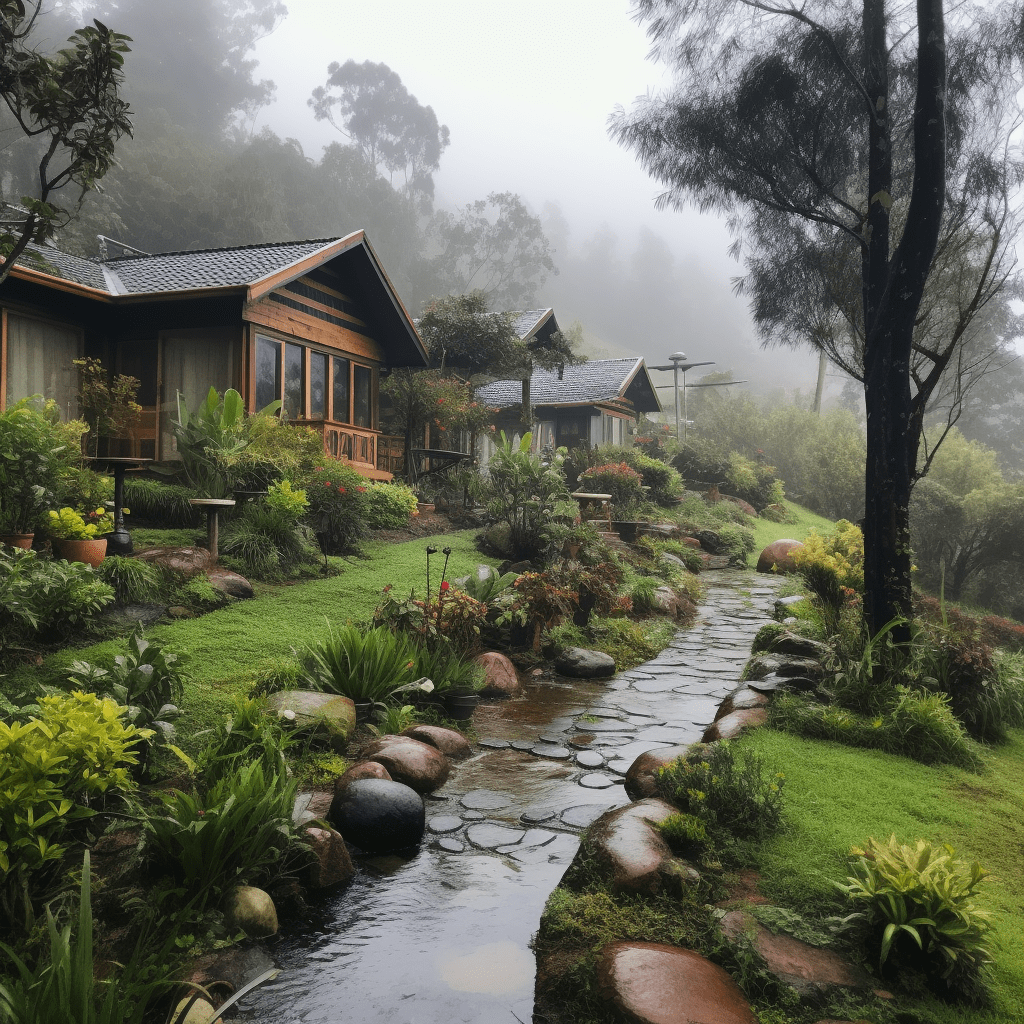
Cows & Goats
Your Cow - Our Farm
Experience Pure, Unadulterated Milk Delivered to Your Doorstep – Own a Cow with Our Exclusive Milk Sharing Initiative!”
Indulge in the delight of wholesome, unadulterated milk right at your doorstep through our unique initiative. Simply own a cow, and we’ll take care of it with utmost dedication on our farm, ensuring its well-being and health. Under our milk sharing arrangement, you’ll enjoy the benefits of owning a cow without the hassle, and in return, relish the pure goodness of its milk.
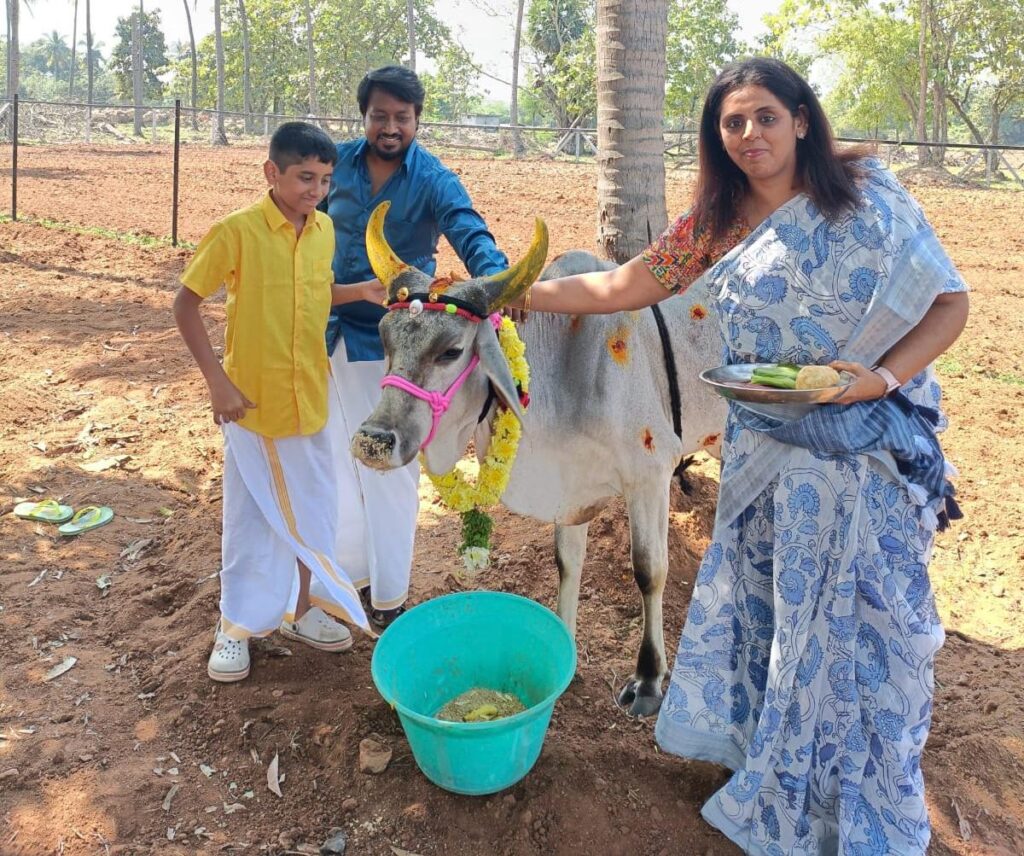
Your Goat - Our Farm
Get into goat farming and gain goat-rearing experience with minimal investment, Paalaar Urban Farms has brought out the concept of Your goat – Our farm. Those interested in getting into goat farming can buy some goats and entrust them to our farm to start with. We will maintain your goats for a monthly fee. In the process, goat owners can get the platform to learn the techniques and challenges involved in goat farming.
